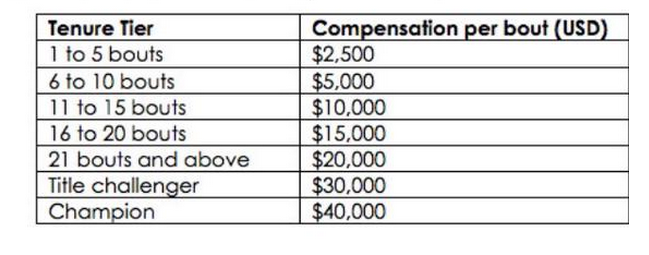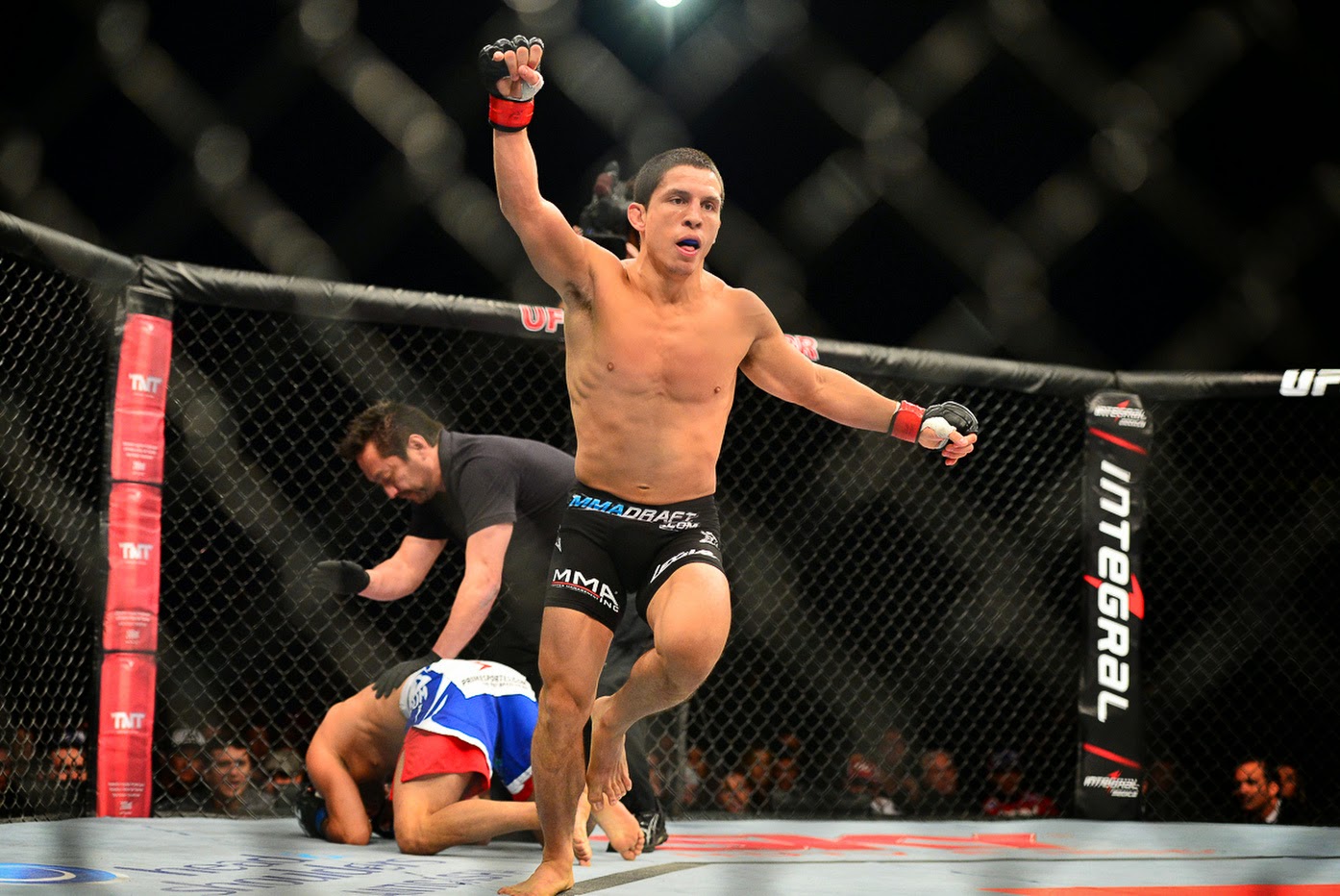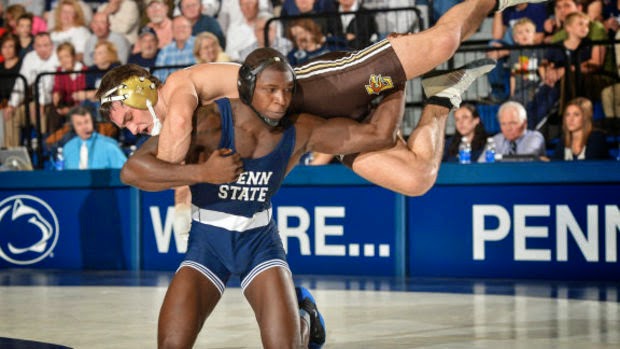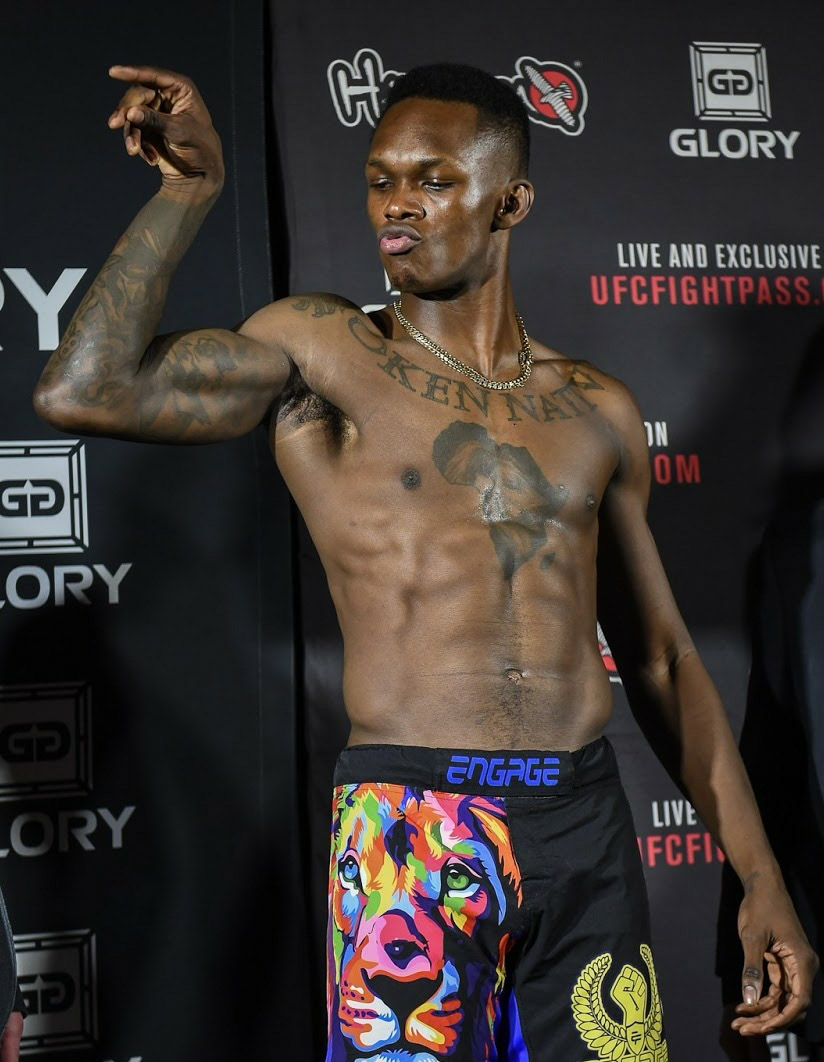From the moment that the UFC deal with Reebok was announced last December, “wait and see” was the dominant mentality of most observers. UFC fighters, as well as the public, learned that the major athletic brand would provide the promotion with uniforms and other fight week apparel. As this was an exclusive deal, it was clear that there would be repercussions with regard to the overall sponsorship market, but the nature and breadth of these repercussions were unknown. But over the last few weeks, details have slowly emerged, as they reveal themselves, both the fighters and the promotion as a whole will have to deal with the fallout.
Now you might ask yourself, “What fallout? The fighters are getting sponsorship money for just showing up to compete; shouldn’t they be happy with that?” Well, as with many other aspects of sports business, the answer is never that simple.
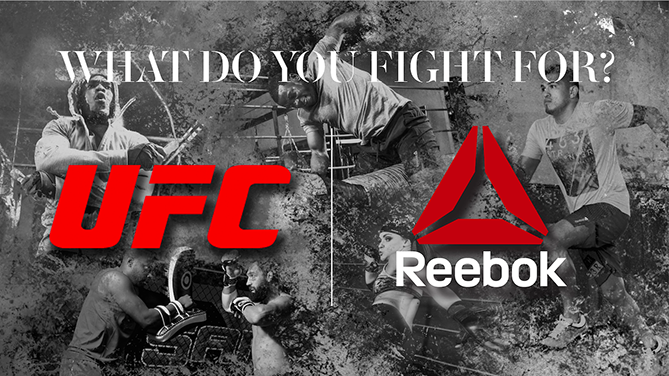 First, there’s the question of exactly what the fighters will receive. That answer was provided back on May 5 when the details of the Reebok payout structure were announced. A basic explanation is that champions will be paid $40,000 while they hold the title, while other fighters will receive specific payouts based on the number of times they have competed in Zuffa promotions. For example, a fighter with 1 to 5 fights will earn $2,500. You can see a breakdown of the sponsorship pay tiers in full here:
First, there’s the question of exactly what the fighters will receive. That answer was provided back on May 5 when the details of the Reebok payout structure were announced. A basic explanation is that champions will be paid $40,000 while they hold the title, while other fighters will receive specific payouts based on the number of times they have competed in Zuffa promotions. For example, a fighter with 1 to 5 fights will earn $2,500. You can see a breakdown of the sponsorship pay tiers in full here:
Of course, that raises the question of the effect of the new payout structure on fighters’ sponsorship money. How much are the fighters losing? Are they losing sponsorship money at all? What about the managers? Should they be concerned? All of these questions are being asked, and the answers vary tremendously.
Joseph Benavidez took to the Sherdog radio show “Beatdown” to say that not only is he making more money, but the sponsorship package he will receive is more than what he would normally expect. Benavidez is 17 fights into his Zuffa career (7 in WEC and 10 in the UFC, with his 18th scheduled for UFC 187) which would place him into the $15,000 bracket. Of course that’s an awesome payday in comparison to other fighters.
On the other hand, Matt Mitrione has gone on record in stating that he’s already talked to the company about the money he will miss out on the next time he competes. It is worth noting that UFC President Dana White has mentioned that he is working to “make things right” for fighters that are losing money on these deals. However, the true question is how new signees will face the pain that the Reebok deal will cause for their potential sponsorship plans.
Ed Ruth is an example of the impact of that pain on potential UFC signees. Mainstream MMA fans may not be aware of Ruth’s accolades, but when he enters the cage he will be one of the most well-decorated collegiate wrestlers to ever enter the sport. He is a three-time national champion wrestler who hopes to leave the 2016 Olympics with a gold medal. But Ruth recently signed a deal with Bellator MMA to debut for that organization after his Olympic bid is over, and the reason he cited for joining that organization takes a direct shot at the UFC Reebok deal.
“I didn’t really pay too much attention to the tiers, but from what I understand it was $2,500 for the first fight to five fights and then they go up from there,” Ruth told Sherdog.com. “Being a wrestler, the numbers we see, they kind of don’t go up that quick. But still, somebody with my background and my credentials, everybody’s just looking to make as much as they possibly can. That was one of the big things for me. I was like, ‘Man, I can do a lot better than that.’”
This is an important quote from an individual that has the potential to become a major star in the sport. Mixed martial arts as a whole is continually looking for the next big names to carry the sport into the coming generation. If the UFC struggles to sign individuals looking to make the most money as early in their careers as possible, there will be a long-term effect that is going to be felt once this current generation of fighters begin to step away from the sport.
In addition, MMA managers are concerned about the pending changes. MMA Fighting has reported that a group of MMA managers are planning to get together during UFC 187, and while the specifics of the upcoming conversation were not fully revealed, the timing is interesting. MMA is in an uncertain place as a revenue generator in the sports world, so managers should be especially concerned about this deal. The UFC has a long history of difficult dealings with various managers, and this deal can strain relationships between fighters and managers, a situation that the UFC would certainly exploit.
As a whole, the ramifications of the UFC Reebok deal are still a long ways off from being fully understood. Due to the UFC not having to reveal how much it truly compensates fighters beyond purse money, it is difficult to put a finger on exactly how much fighters are earning. Only time and open dialogue will reveal how much of an impact these changes will have for the sport in the long run.


